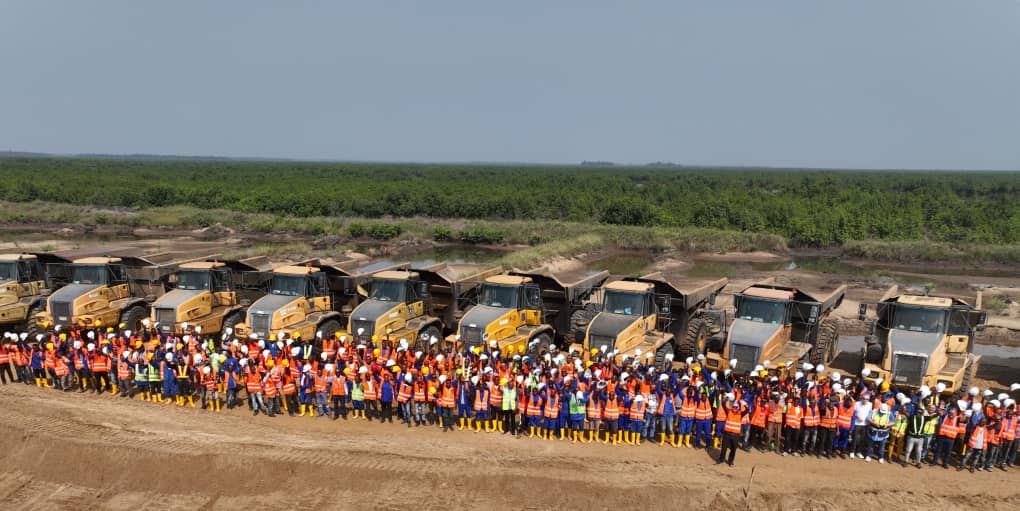[ad_1]

The indices of development in a community are multifaceted, encompassing economic growth, social development, and infrastructural progress. Among these, infrastructure—access to clean water, sanitation, reliable electricity, transportation networks, and communication—is crucial for driving both economic growth and social well-being. In the Niger Delta, where challenging terrain has historically hindered development, infrastructure becomes even more essential.
For decades, communities in the region faced isolation due to swampy terrain, tidal movements, and dense forests. Breaking through these barriers required a construction project like the Bodo-Bonny Road project. Spanning 37.9 kilometres and comprising 17 bridges, Julius Berger is building more than a road as this is a lifeline for the communities of Bodo and Bonny Island.
From the outset, Julius Berger recognised the importance of engaging with the communities directly affected by the project. Through consistent dialogue with local leaders and stakeholders, the company has fostered a sense of ownership and trust. The Peace Committee Mainland Bodo and the Bonny Kingdom Development Committee have played pivotal roles in rallying community support for the project.
Leaders and residents have hailed the road’s progress as an “answered prayer,” highlighting how it bridges physical and economic divides. Chief John Jumbo, a leader in the Peace Committee Mainland Bodo, expressed the collective optimism: “Each new day we wake up to see brings us closer to our dream of walking and driving on the Bodo-Bonny Road for the first time. I want this road completed in my lifetime and by Julius Berger.”
Chief Dr. Osohooy Rogers Longjohn, head of the Longjohn Major House of Grand Bonny Kingdom, echoed these sentiments: “We have been isolated from our brothers on this route because of the difficult terrain over the decades. Julius Berger’s involvement has brought a glimmer of hope.”
Chief Longjohn elaborated on the broader implications: “We boast some of the best in industry and commerce today in the country. But many of our talents are scattered in cities across the world due to the challenges of our environment. With the road’s completion, we will connect our communities and transform this region into Nigeria’s new land of opportunities.”
Chief Jumbo praised Julius Berger’s resilience, stating: “Where others have tried and failed, Julius Berger is taking us closer to reality. We hope it will not be long before we walk from Bodo to Bonny Island.” This sense of hope underscores the mutual respect between Julius Berger and the communities it serves.
Set for completion in January 2026, the Bodo-Bonny Road project exemplifies Julius Berger’s dedication to excellence and stakeholder satisfaction. Despite formidable challenges, the progress made so far is a testament to the company’s unwavering commitment to transforming lives through infrastructure.
The Bodo-Bonny Road is poised to transform the Niger Delta. Beyond providing a physical connection, it promises to reduce transportation costs, enhance trade routes, and attract investments. For the residents of Bodo and Bonny Island, the road represents hope, resilience, and the power of collaboration.
Please follow and like us:
Related
[ad_2]
Source link


